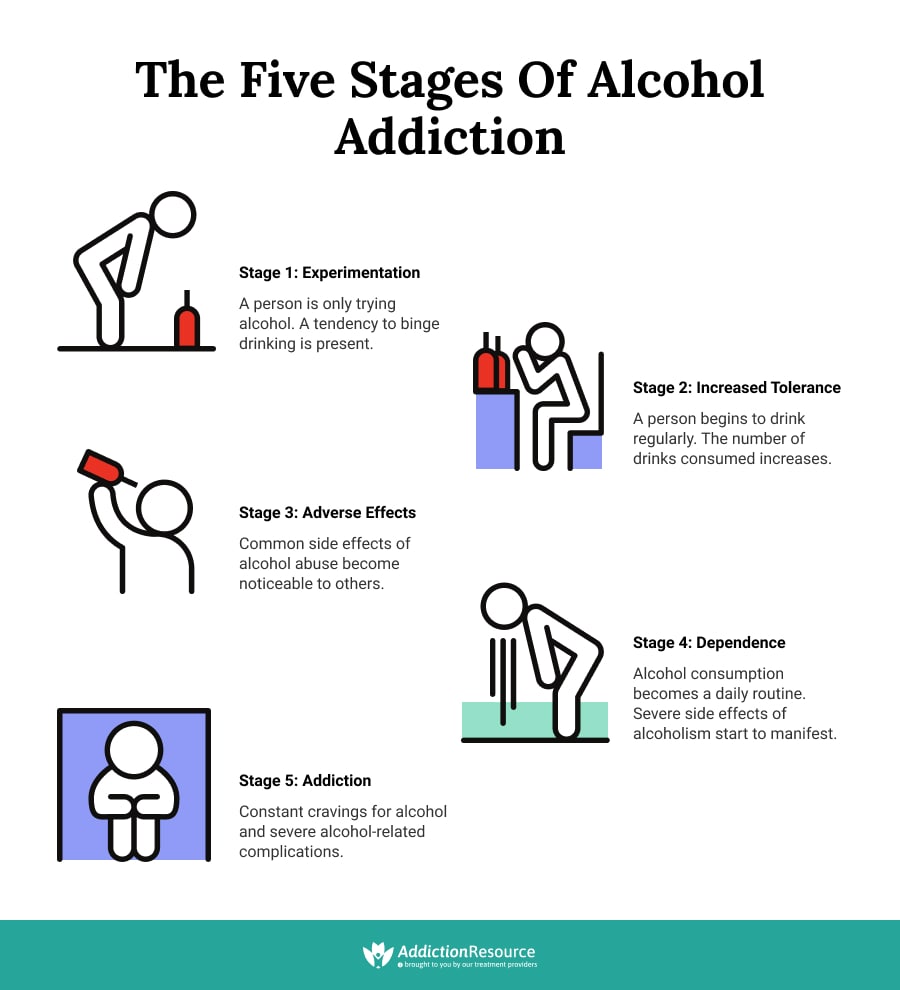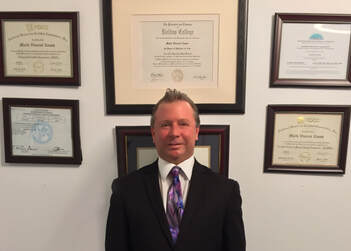Life After Sobriety: The Psychological and Health Journey of recovering from long term alcohol use8/2/2023
Mental Health Benefits:
a. Decreased Risk of Co-occurring Disorders: Sobriety can help alleviate or reduce the severity of co-occurring mental health disorders that often accompany alcohol addiction, such as depression, anxiety, and bipolar disorder. b. Enhanced Self-Esteem: As individuals achieve sobriety milestones, their self-esteem and self-worth tend to improve. They gain a sense of pride and accomplishment, contributing to a positive self-image. Choosing sobriety is a life-altering decision that encompasses not only physical well-being but also profound psychological and health experiences. The journey of recovery may be challenging, but it brings opportunities for personal growth, improved relationships, and enhanced overall well-being. Embracing sobriety opens the door to a fulfilling and meaningful life, one that is free from the grips of alcohol addiction and filled with hope for the future. For those considering the path of sobriety, remember that seeking support from healthcare professionals, therapists, and support groups can provide invaluable assistance in navigating this transformative journey. Experiencing anxiety? Online counseling can helpAre you feeling more anxious, having difficultly sleeping, feeling restless? The world has changed during the last few months and many are struggling to adapt. For many of us, our daily schedules have changed and many are feeling isolated and alone. During this time it is common for people to experience difficulty sleeping along with a significant increase in anxiety. Uncertainty of the future combined with employment issues, having enough supplies and food, fears of ourselves or loved ones becoming ill and what our future will look like. There are all valid concerns that many of us our facing today. This fear of uncertainty can cause emotional distress and decrease our ability to cope while we are trying to figure out our new reality.
You don't have to face this alone. You can now receive affordable therapy from a licensed mental health counselor from the comfort of you own home. Online therapy is effective, affordable and completely confidential. Why get therapy now? The result of increased anxiety almost always includes a decreased ability to make decisions. Our decisions effect our insight which can diminish our ability to successfully navigate through this transition. If there is ever a time we need to be able to make sound decisions, it's now. Here are the benefits of online counseling. Accessibility - Online counseling removes barriers such as travel and time constraints. Thanks to technology, online mental health counseling are easy to use and accessible from anywhere. ' Safety - With the emerging Covid 19 virus, necessary precautions such as social distancing are necessary to keep from catching the virus an spreading it. Online therapy is an excellent and safe alternative. Confidential - Mark utilizes the Betterhelp.com platform is HIPPA compliant and uses the most advanced software to insure safety, confidentiality ease of use and convenience. Time - Online therapy saves time and eliminates travel expenses. There is no risk driving to and from the therapy session, no time is taken away from traveling and no gas or tolls to pay. |

